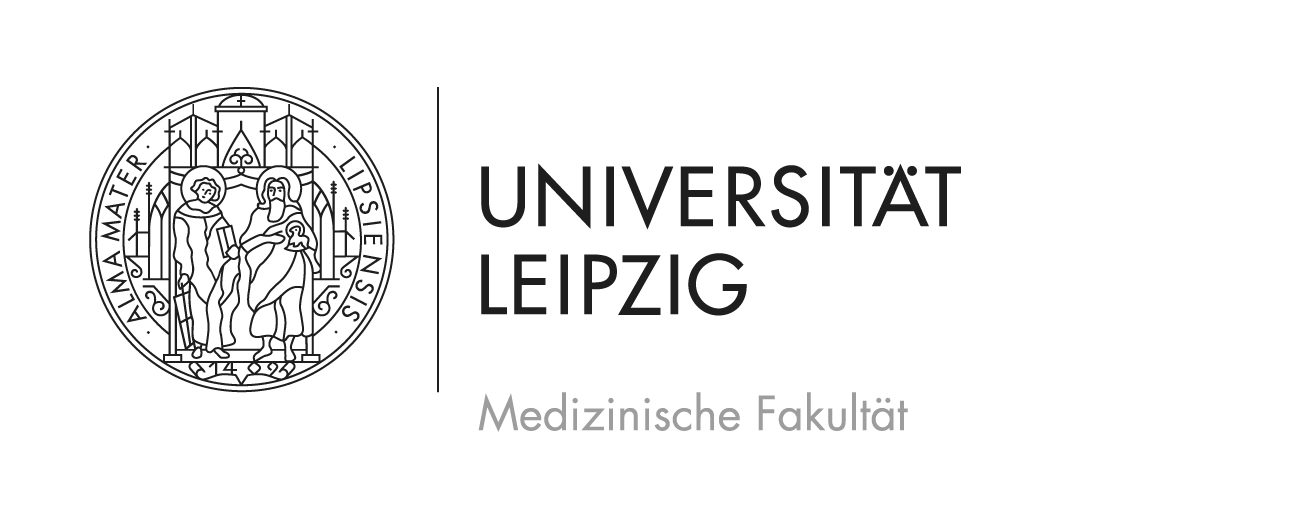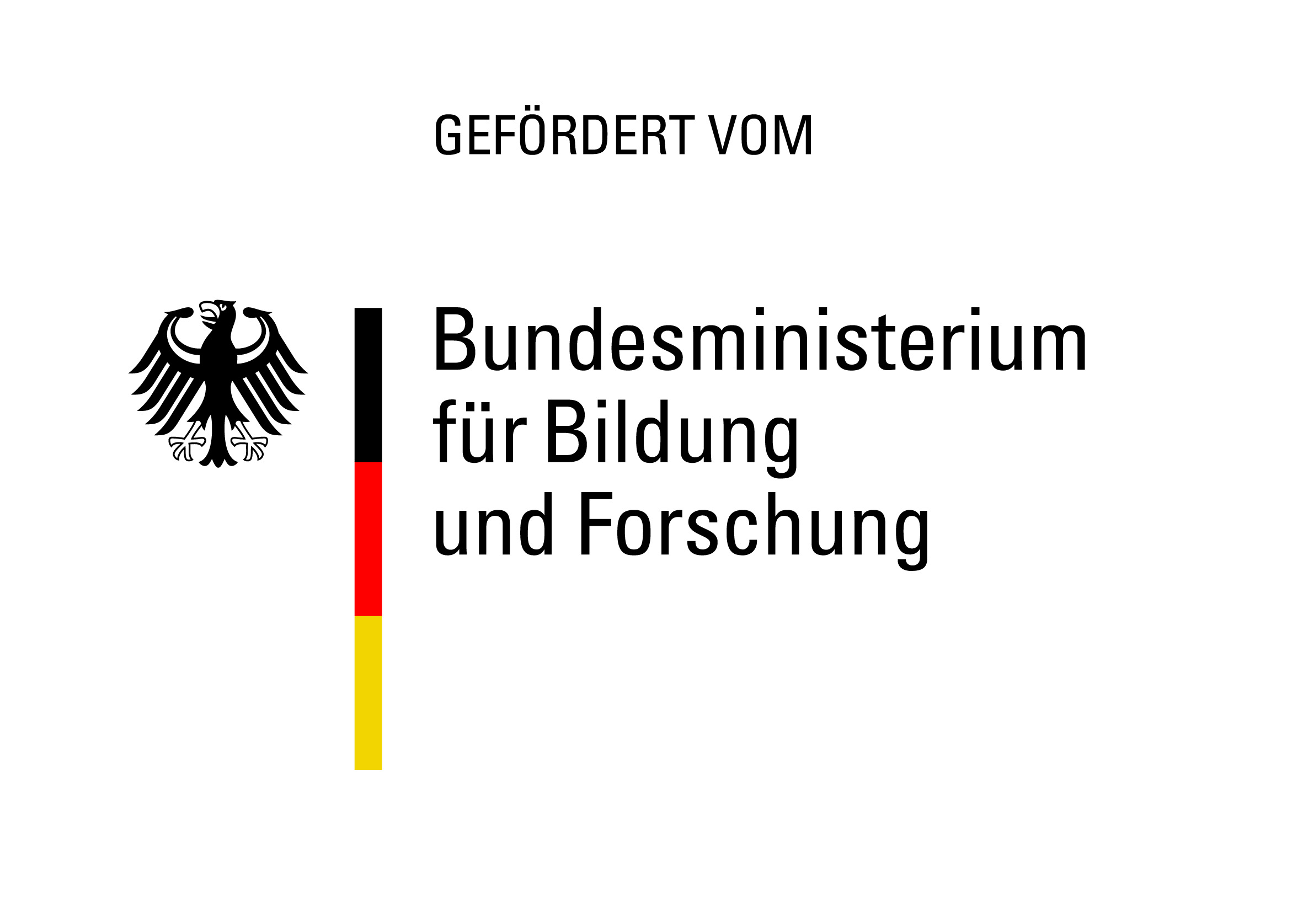



The surgical navigation process in minimally-invasive endoscopic surgery is time- and resource- constrained and conventional navigation assistance technology is reduced to a passive-supportive role. In the project COMPASS, a new technology for immersive assistance in minimally-invasive and microscopic interventions is developed to convert navigation systems into fully-acknowledged surgical actors.
Since navigational support functions are influencing factors for the surgeons’ cognitive workload, ICCAS’ research in COMPASS is focused on the investigation of a modeling approach that considers surgical cognition for intelligent navigation assistance.
The modeling approach is based on the situation awareness theory from aeronautics and aerospace research, the cognition-guided surgery paradigm and knowledge from cognitive architectures development for autonomous robotics. The purpose is to extend a navigation assistance system, so that it engages in cooperative interaction with the surgeon. To reduce automation-related drawbacks regarding human-machine-interaction, e.g. decreased situational oversight and limited system predictability, the COMPASS systems processing cycle is intended to mimic the human cognitive information processing to match a simulated navigation behaviour with the real surgeon-individual navigation process. We investigate a dual information processing cycle model that uses both, situation comprehension and cognitive memory processing for the simulation of human-like behaviour. Simulated and real surgical navigation behaviour are then compared to identify potential navigation support, e.g. goal-specific directions or possible work steps.

Um dir ein optimales Erlebnis zu bieten, verwenden wir Technologien wie Cookies, um Geräteinformationen zu speichern und/oder darauf zuzugreifen. Wenn du diesen Technologien zustimmst, können wir Daten wie das Surfverhalten oder eindeutige IDs auf dieser Website verarbeiten. Wenn du deine Zustimmung nicht erteilst oder zurückziehst, können bestimmte Merkmale und Funktionen beeinträchtigt werden.